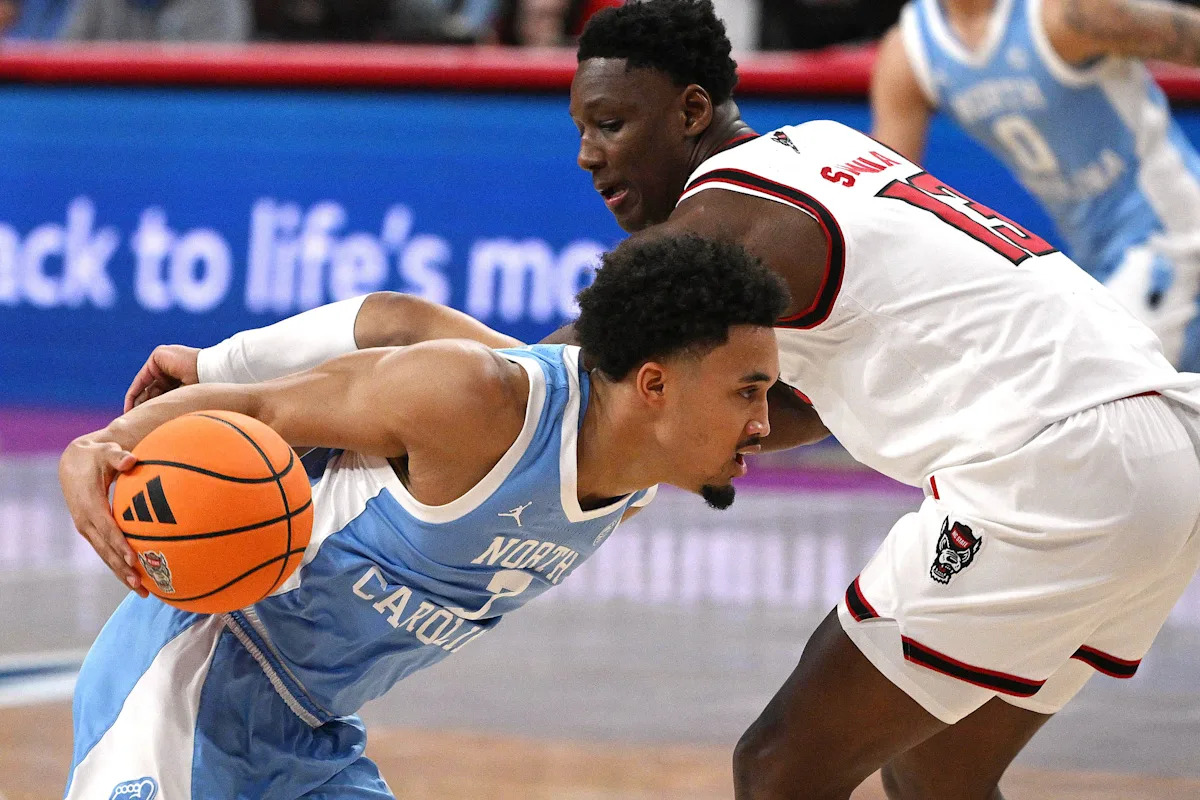The managerial merry-go-round in the Premier League has swung toward Wolverhampton Wanderers after the club dismissed Vitor Pereira following a disastrous start to the season. Wolves sit bottom of the table with just two points from their first ten matches, making them the only winless side across England’s top six tiers.
The urgency to appoint a new manager is palpable, yet the search has been fraught with setbacks and uncertainty. Among the names linked to the vacancy, former Manchester United boss Erik ten Hag stands out—but reports suggest he is hesitant about taking the role, raising questions about both his career trajectory and Wolves’ future.
The Context: Wolves in Crisis
Wolves’ predicament is stark. Pereira’s tenure ended after a 3–0 defeat to Fulham, a result emblematic of a team bereft of confidence and ideas. Eight points adrift of safety, the club faces a daunting relegation battle. The situation has sparked fan unrest, with supporters demanding accountability from Fosun International, Wolves’ owners, and even calling for a vote of no confidence in executive chairman Jeff Shi.
The managerial search has already seen Gary O’Neil—dismissed less than a year ago—rebuff overtures for a sensational return, leaving Wolves scrambling for alternatives.
Ten Hag’s Career at a Crossroads
For Erik ten Hag, the Wolves opportunity comes at a delicate moment. Once hailed as a tactical innovator for guiding Ajax to three Eredivisie titles and a Champions League semi-final, his reputation has taken significant hits. After a mixed spell at Manchester United—where he delivered two domestic cups but failed to stabilize league form—Ten Hag was sacked in October 2024. His subsequent stint at Bayer Leverkusen was even more bruising: three games, one win, and a swift dismissal, marking the shortest managerial tenure in Bundesliga history.
This decline has fueled skepticism about whether Ten Hag remains an elite coach or is sliding into obscurity. Wolves’ interest offers him a chance to rebuild in the Premier League, but the role is fraught with risk. Accepting a relegation-threatened side mid-season could further tarnish his résumé if survival proves elusive.
Why the Hesitation?
Reports indicate that Ten Hag is “not enthusiastic” about the Wolves job, despite being approached through intermediaries. His reservations stem from several factors:
Squad Limitations: Wolves’ summer departures, including Matheus Cunha and Rayan Aït-Nouri, have left the squad thin. The club’s reluctance to spend heavily in January compounds the challenge.
Timing and Risk: Taking over mid-season, with Wolves eight points from safety, represents a high-stakes gamble. Ten Hag has historically managed teams competing for titles, not battling relegation—a context unfamiliar and potentially damaging.
Alternative Options: Ten Hag reportedly has other suitors, including Ajax, where he enjoyed his most successful spell. A return to Amsterdam might offer a more stable environment to restore his reputation.
Wolves’ Perspective: A Risk Worth Taking?
From Wolves’ standpoint, appointing Ten Hag would be a statement of ambition. His pedigree—built on tactical rigor, player development, and European success—could inject fresh ideas into a faltering squad. Advocates point to his structured approach and attention to detail, qualities Steve McClaren once likened to Sir Alex Ferguson. Yet, critics argue that his recent failures suggest a manager in decline, making him a risky bet for a club in crisis.
Fan Sentiment and Boardroom Pressure
The uncertainty surrounding Ten Hag’s interest has intensified scrutiny on Wolves’ hierarchy. Fosun’s tenure has already seen eight permanent managers, and the prospect of a ninth underscores systemic instability. Supporters, frustrated by poor results and perceived mismanagement, are demanding clarity and competence.
In this climate, the appointment of a high-profile figure like Ten Hag could placate discontent—if it succeeds. If not, it risks deepening the rift between fans and ownership.
The Bigger Picture: Reputation and Redemption
For Ten Hag, Wolves represents both peril and possibility. Accepting the job could allow him to demonstrate adaptability and resilience, qualities prized in elite coaching. Survival would be a triumph against adversity, potentially reopening doors at top clubs.
Conversely, failure could cement a narrative of decline, relegating him to the margins of European football. His deliberation reflects this tension: the allure of Premier League redemption versus the safety of waiting for a more favorable opportunity.
Conclusion
Erik ten Hag’s doubts about the Wolves job encapsulate a broader truth about modern football: managerial careers hinge on timing and context as much as talent. Wolves’ desperation collides with Ten Hag’s quest for rehabilitation, creating a scenario rich in drama and uncertainty.
Whether he takes the plunge remains to be seen, but one thing is clear—the decision will shape not only Wolves’ survival prospects but also the next chapter in Ten Hag’s storied, if recently turbulent, career.

























